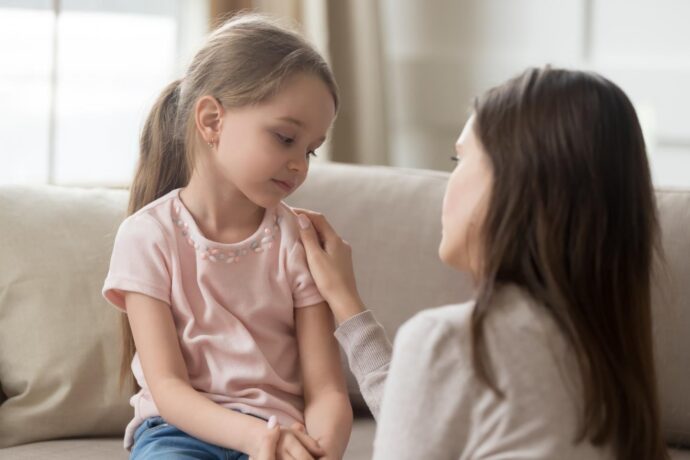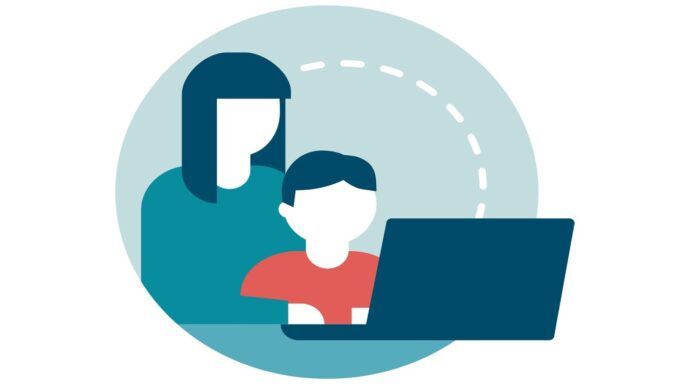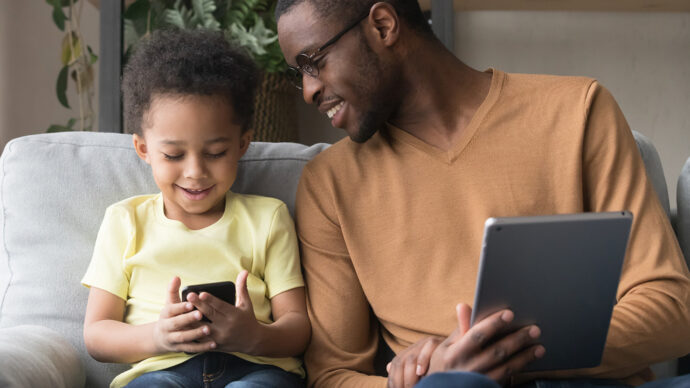Parents do all the things they can to keep their children safe and protected from various aspects. At present, children are using the internet and mobile gadgets more than ever. However, how will parents protect their kids from the internet where almost everything is available within a few clicks?
The internet can be a huge threat to children if not used properly and securely. For instance, kids can come across and become the victims of cyberbullies, online predators, and phishing scammers. The internet gives easy access to inappropriate content of any form and there are several malware issues and virus attacks as well.
Best Ways To Keep Kids Safe On The Internet
You can learn more about how to keep your kids safe online in the below section.
Talk Openly With Your Child About Their Online Activity

When your kids begin to use the internet, have a talk with them about what they are browsing and with whom they are talking online. While sitting casually, inquire about your child what websites or apps they use, make a list, and go over it with them to see if there is any threat. Speak to your kid about what is ethical, and what they should avoid. Pay attention to your kids and come to an understanding of what is best for them.
You have to keep in mind that there will come a day when kids will need to use the internet outside of their house. Because of that, you have to make your children ready to know what is right and wrong. It is also crucial to teach kids about their online status and how they should behave, engage with others, and represent themselves on any public platform. The children have to know that the internet is public and not private.
Put the Gadgets Where You Can See Them
Always keep an eye on your child’s online activity, especially if they are young. Place the computer or the laptop in a middle location in the house so you can easily monitor what your kid is doing and watching online. You can also put wifi password to your cell phones so that your children will not be able to use the internet without your knowledge.
If possible, you can also remove tablets, computers, or any gaming devices from the children’s reach. If your kid is younger, you can check their browsing history to see what sites they have visited. However, this method can become hard if your children are aware of the “delete history” option.
Check the Software and Parental Controls

Examine and confirm that your kid’s gadget has the most up-to-date software and antivirus programmes installed. Make sure to turn on the privacy settings as well. When not in use, it is better to keep webcams hidden. Parental controls, including safe search, are another way parents can ensure that their children are safe and have positive internet experiences only.
Be careful about the free online educational sites. In order to use these tools, your kid does not need to share a photo or their entire identity. Make sure to check the privacy settings to reduce data collection. Help your kids and make them understand the need of maintaining personal information private, particularly from strangers.
Motivate Healthy Online Patterns
Encourage and monitor appropriate behavior online and during video chats. Convince your kids to be thoughtful and polite to their classmates, tell them to dress appropriately, and inform them to prevent participating in video discussions from their bedrooms. Learn about the school’s programs and helplines in order to quickly report cyberbullying and other improper online content.
Kids may be exposed to the publicity that encourages unhealthy foods, gender misconceptions, or age-inappropriate elements when they are online most of the time. Assist youngsters in understanding web commercials and take advantage of the opportunity to discuss what is wrong with the bad messaging they may encounter.
Make Them Understand the Importance of Privacy

If your kids use social media platforms regularly, you have to inform them about the dangers of posting private data or pictures online. You need to educate youngsters to be careful and sophisticated about what they publish and share online even if they do not completely understand all the consequences.
Ask your kids whether they are alright if the information or image they want to share goes into the hands of strangers. If your youngster is sharing images or making posts on the internet, inquire them to show you what they have shared or ask the eldest sibling to look through the content before they are posted.
Educate Your Kids to Keep Their Location Private
Geo-tagging is a feature found in many apps, networks, and gadgets that keeps your current location public. You have to turn off this feature for privacy and security reasons. Metadata (data regarding the time, date, and GPS coordinates) in digital images may expose more about you. Because of that, inform your kids to keep their location private.
Keep an Eye on Their Online Time

As per the Australian Physical Activity and Sedentary Behaviour Guidelines, kids aged between 5 and 17 should not use gadgets and the internet for more than two hours each day. As a result, it is critical to keep an eye on your child’s online activity time, especially if they are younger to ensure they do not establish unhealthy addictions.
Set an alarm for about 30 minutes and allow your kid to use the internet till the alarm goes off. It is also a decent idea to turn off the home wifi at a fixed time each night so that your kids can not use the internet after that time.
Bottom Line
At present, the internet is not only used for good purposes, but it has become a platform for various terrible intentions, such as cyberbullying, scams, inappropriate content, computer security issues, pirate attacks, and many more. We have included the best ways parents can follow to keep their kids safe from several online and internet issues.















